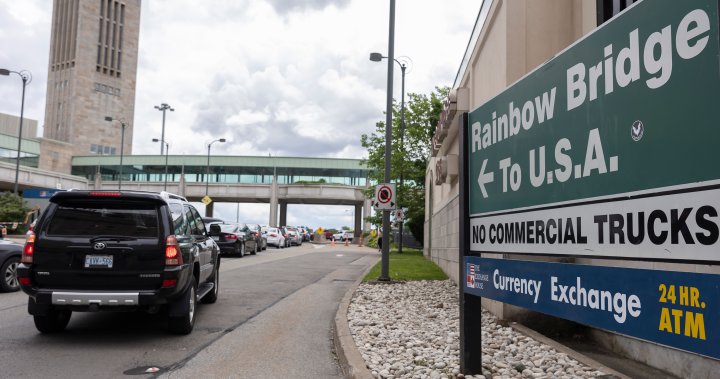Postal workers are feeling mistreated by the government and their employer after nearly five weeks of job action failed to produce a negotiated settlement from Canada Post.
Some workers are also feeling let down by the union representing them.
The 55,000-plus postal workers that had been on strike nationwide since Nov. 15 were ordered to return to work by the Canada Industrial Relations Board (CIRB) over the weekend. The 32-day strike came to an end when workers resumed their jobs and mail began moving again on Tuesday, Dec. 17.
Canadian Union of Postal Workers (CUPW) Local 848 vice-president Christina Goldie told The Morning Star that North Okanagan postal workers aren’t happy they’re being forced to go back to work with no new agreement in place, and some feel the five weeks without pay has been all for naught.
“I think probably all of us that have walked these picket lines for the last five weeks feel very let down by our government, by the corporation we work for, by the CIRB, and I guess even to an extent maybe by our union.”
Goldie said union membership was divided between those who wanted to defy the order to return to work and those who didn’t. The decision not to walk the picket line and to go back to work Tuesday was chosen mainly due to the fines members would face if they defied the order, she said.
“We were looking at $1,000 fines per day for regular members and $10,000 per day for executive members like myself and our president if we would have wildcatted (defied the order),” Goldie said. “That was one of the main reasons why our national executive board voted against defying the order. They couldn’t fathom putting the membership into those kinds of financial straits.”
The union’s national executive board tried hard to get Canada Post to come to “actually bargain,” which they haven’t done in decades, Goldie said.
“They just wait for the government to step in, and that’s exactly what happened again this time.”
In the two weeks prior to being ordered back to work, CUPW lowered its wage demand from a 24 per cent to 19 per cent cumulative pay bump, but it wasn’t enough to get a deal done, said Goldie.
“The rights of workers, unionized or not, are being completely eroded by legislation, by an unwillingness of corporations to bargain fairly with their unions,” she said.
Instead of reaching a deal on a new contract, union workers’ existing contract has been extended until May.
Goldie said it’s “very likely” that there will be another strike or a lockout on May 23, “unless a miracle happens and they manage to get a contract negotiated in the next five months.”
Goldie believes negotiations will continue from now until May, but isn’t holding out much hope that anything will be decided until a second strike happens at the end of the extended contract — and that will be when the workers have less leverage.
“One of the reasons that the strike happened when it happened is because Christmas gives us leverage, it gives us the ability to put pressure on the corporation. And if we walk out in May, what kind of pressure is there at that time of year? There’s nothing happening in May,” Goldie said.
She acknowledged that leveraging the holiday season is a double-edged sword as it can erode support from the public, but said in Vernon the public’s support has been strong.
“I had a lot of really positive interactions today with my customers when I went back to work,” Goldie said. “They were compassionate about the way things went down, so I think we probably have more public support than maybe we realize.”
Tuesday has been a day of “mixed emotions” for Goldie and other postal workers who are glad to be getting a pay cheque again, but aren’t happy with the way they’re returning to work.
For Goldie, the past five weeks have changed the way she sees her employer.
“From the day I started I’ve been very proud to say that I work for Canada Post, that I’m a Postie,” she said. “After this round of negotiations, not so much.”
The Morning Star has reached out to Canada Post for comment.
— With files from The Canadian Press










